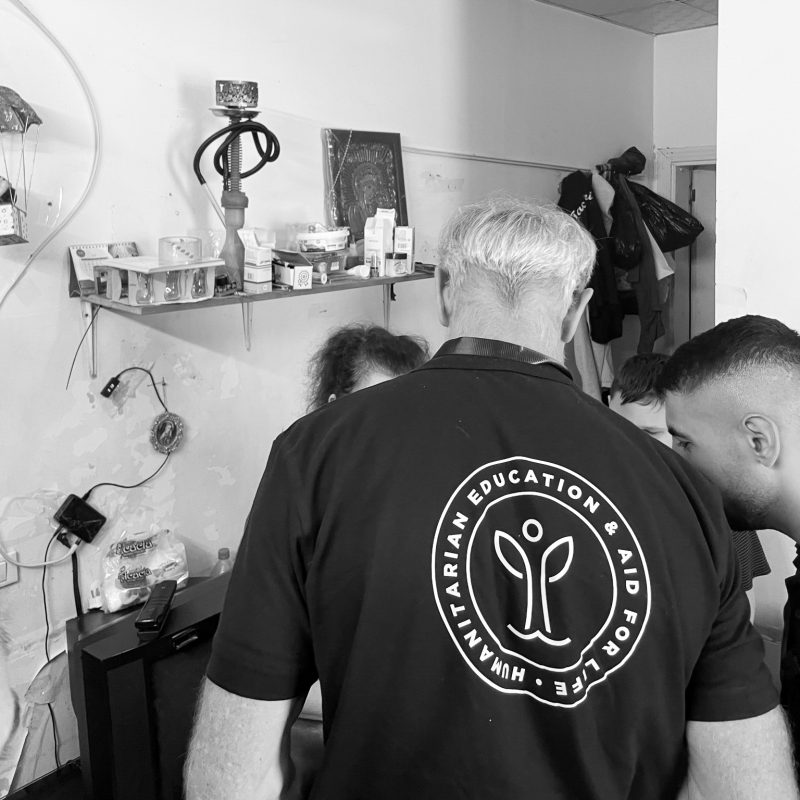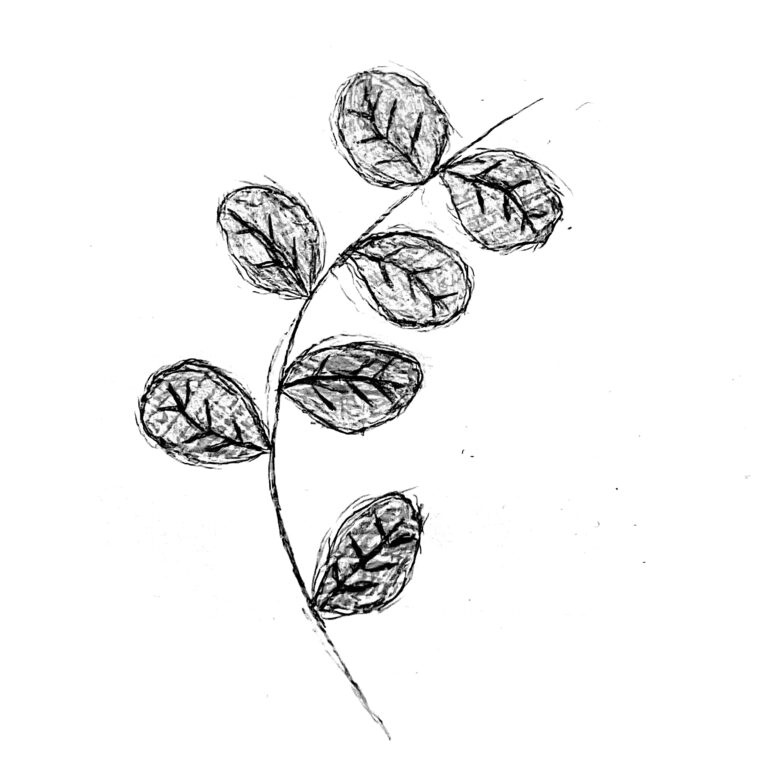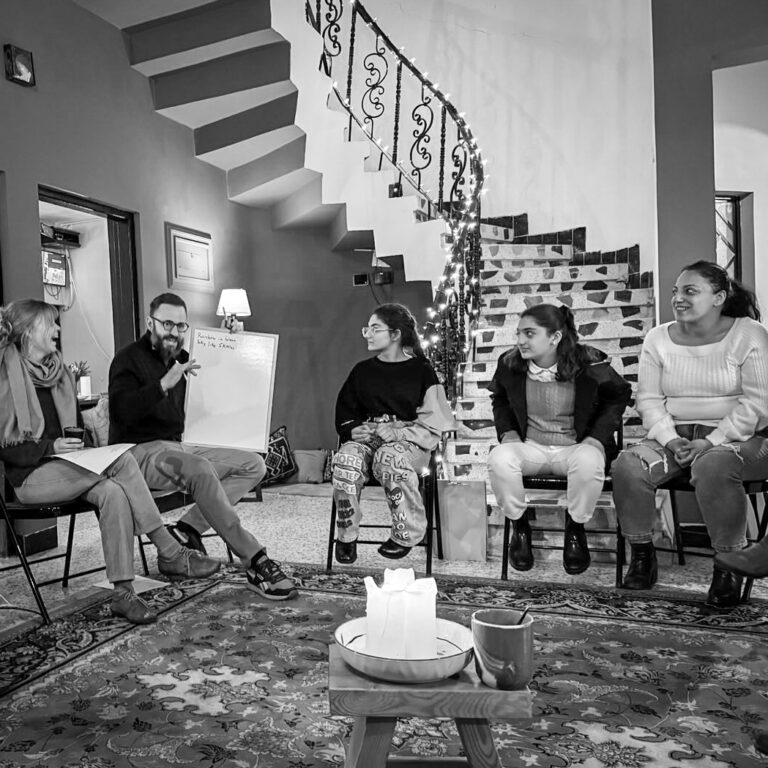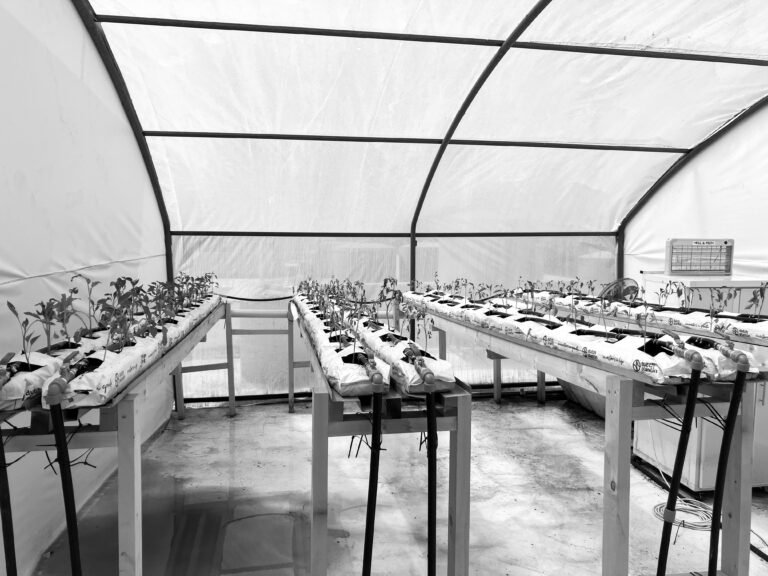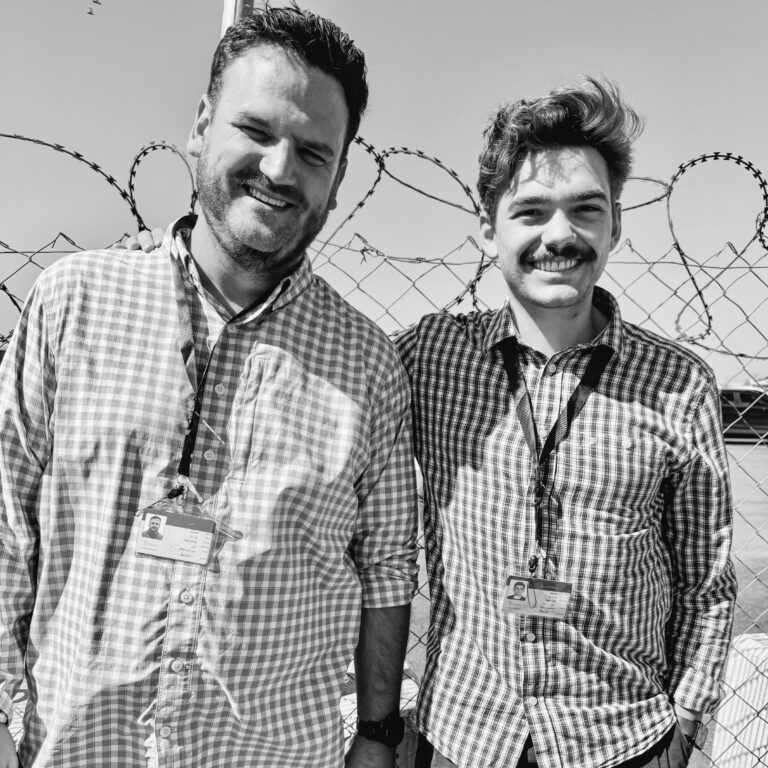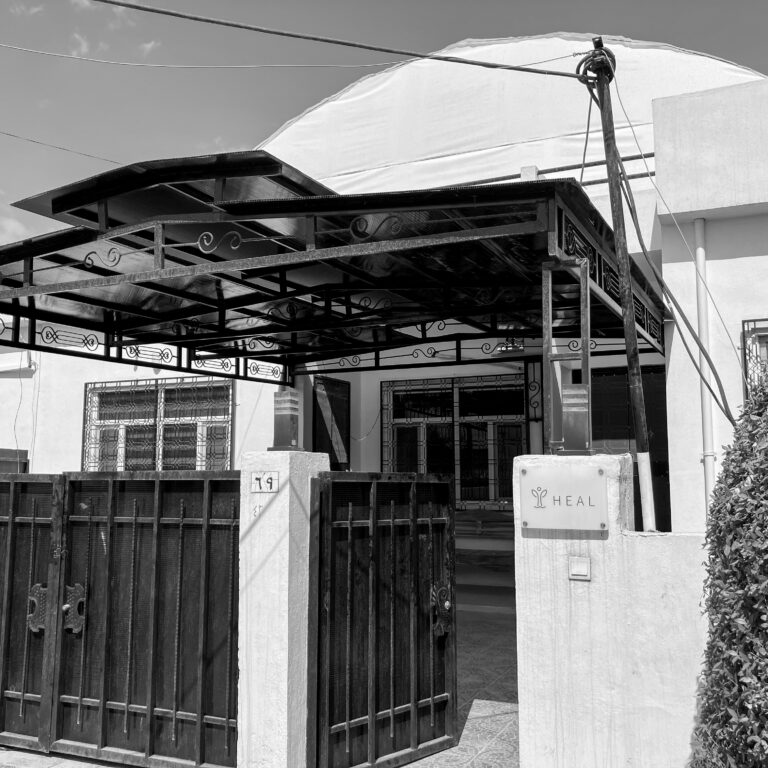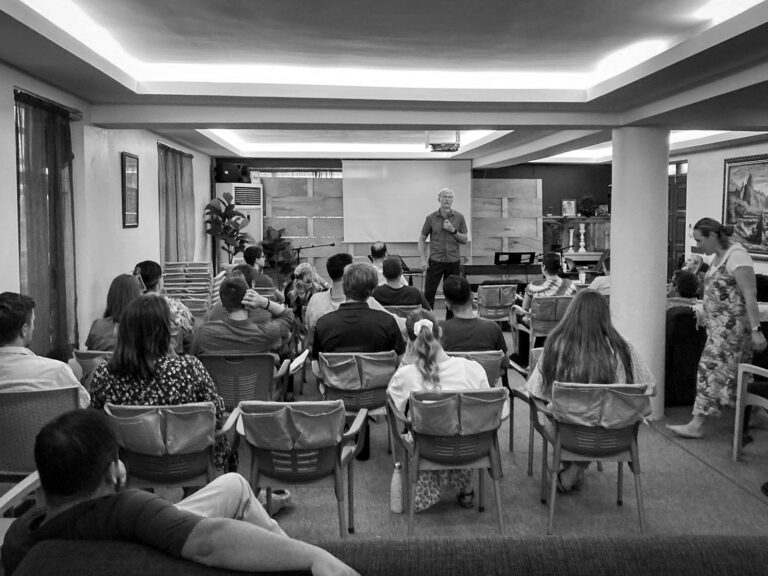Nestled above Erbil’s bustling Nishtiman Bazaar, the Al Sakhra housing complex stands as a stark reminder of both resilience and struggle. This unfinished construction site, repurposed into a temporary home for hundreds of displaced families, is a sanctuary for Iraq’s persecuted minorities—primarily Chaldean and Syriac Christians, driven from their homes by the brutal advance of the Islamic State (ISIS) in 2014. What was once envisioned as a commercial project has become a lifeline for those who fled unimaginable violence, offering shelter but also encapsulating the profound challenges of displacement.
Life in Al Sakhra is a delicate balance of survival and hope. Families live in cramped, partitioned spaces—often no larger than 160 square feet. The hum of shared generators and the chatter of the busy market below echo through thin walls, while access to water and electricity remains inconsistent. Limited resources strain daily routines, yet the residents, many of whom are children, carry on with remarkable fortitude. Parents strive to shield their children from the trauma of displacement while grappling with their own grief, economic hardship, and an uncertain future. The weight of lost homes, livelihoods, and communities lingers, compounded by ongoing insecurity in their places of origin, like the Nineveh Plains, where militias and instability deter returns.
The historical context of Al Sakhra is rooted in one of Iraq’s darkest chapters. In 2014, ISIS’s genocidal campaign targeted religious minorities, forcing tens of thousands to flee Mosul and surrounding areas overnight. Erbil, the capital of the Kurdistan Regional Government, became a haven, absorbing a flood of internally displaced persons (IDPs) despite its own economic and political strains. The Al Sakhra complex, alongside other makeshift shelters like abandoned malls, emerged as a critical response to this crisis. Supported by local churches, such as the Chaldean Archdiocese of Erbil, and international aid groups, these spaces have housed families for over a decade. Yet, the defeat of ISIS in 2017 has not resolved the plight of these residents. Discrimination, limited job opportunities, and the daunting cost of rebuilding shattered towns keep many in limbo, reliant on humanitarian aid.
A Healing Presence: The Medical Team’s Visit
Against this backdrop, HEAL partnered with Ms. Naz Saleem, Director of Migration and Crisis Response at the Erbil Joint Crisis Coordination Centre (JCC), and the Al Sakhra Muhktar (a local tribal leader) to arrange a simple and brief medical assessment visit at the Nishtimaan Al Sakhra complex. The team included Dr. Cornu, a South African physician, Christine, a South African pediatric occupational therapist, Grace, HEAL’s Program Assistant (and U.S. registered nurse), and a local translator. They conducted two detailed home visits, spending 1.5 to 2 hours with each family to understand their needs, evaluate conditions, and offer customized solutions to enhance their well-being.
The first home visited was that of Um Fuad, a Syrian refugee from the Greek Orthodox village of Mhardeh, located about a half hour outside of Hama—a city targeted by extremist groups like al-Qaeda and its affiliates. Between 2011 and 2018, approximately 100 civilian deaths were reported in this small Christian village due to the conflict. The insecurity, targeted attacks, and limited resources led Um and Abu Faud, with their now 10-year-old special needs twins, to seek relocation in the Kurdistan region. They found temporary refuge at the Al Sakhra complex, hoping one day to emigrate to the West.
Upon entering her cramped Sakhra refuge, Dr. Cornu immediately connected with Um Fuad. Having visited her village the previous year, he showed her pictures of familiar homes and church buildings, prompting tears as she recognized them. Dr. Cornu’s understanding of her region’s challenges fostered a deep rapport. The team addressed pressing concerns: behavioral regulation challenges, nutritional deficiencies, and a lack of psychosocial support. The occupational therapist provided strategies to manage the children’s behaviors and exercises to support their development, while Dr. Cornu offered nutritional guidance to address deficiencies exacerbated by limited resources and poor diet. He encouraged Um Fuad to seek support from her faith community, reminding her she was not alone. As the team left, Um Fuad looked at them and said, “Thank you all, thank you for not forgetting us.”
The second visit was to the home of an older couple, Amjad and Noora. Amjad, an Egyptian national and skilled carpenter, fell in love with Noora during a visit to the region years ago. For decades, they lived peacefully in the Hamdaniya region of the Nineveh Plains, raising their three sons. The family faced severe hardship during ISIS’s reign in 2014, forcing them to seek refuge in Erbil. Their challenges intensified in 2017 when Amjad suffered a stroke and subsequent brain bleed, leaving him paralyzed on one side and nonverbal.
Living in a few small rooms, the family’s primary concerns were Amjad’s limited hand mobility, safe bathroom transfers, and proper medication use. The occupational therapist introduced exercises to improve hand function and demonstrated safe transfer techniques, empowering the family to assist him confidently. Dr. Cornu reviewed his medication regimen, clarifying dosages. Noora, Amjad’s primary caregiver, expressed gratitude: “We didn’t know how to help him properly. Now we have a plan.”
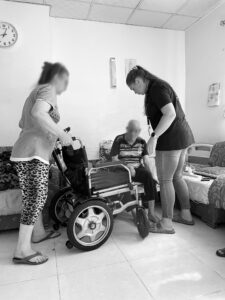
These visits, though brief, were transformative, addressing not only physical health but also the emotional and practical burdens of displacement. Coordinated with local government offices like the JCC, our medical assessment highlighted the need for sustained medical and therapeutic support in places like the Al Sakhra housing complex.
A Call to Action
The medical assessment at the Al Sakhra complex is a testament to the power of targeted, compassionate care. Yet, the needs of this community remain vast—from ongoing healthcare to psychosocial support and pathways to stability. HEAL is committed to standing with communities like this, but we need your help to continue this work.
Join us in bringing hope to the region. Your donations, advocacy, or volunteer efforts can transform lives. Visit our website to learn how you can contribute. Together, we can support the resilience of families like these, one visit and one act of care at a time.
